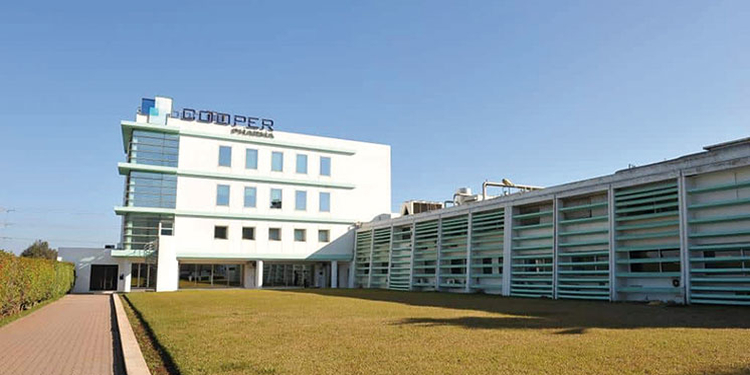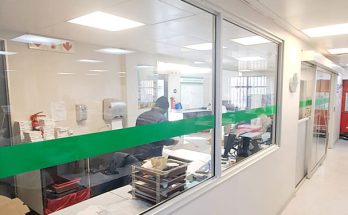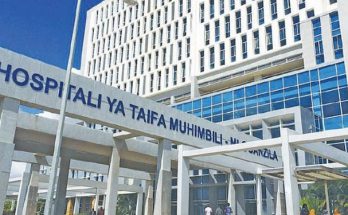
Following the Abraham Accords, some Moroccan businesses are looking for ways to collaborate with Israeli businesses. Cooper Pharma distinguishes out among them in the health and pharmaceutical industries.
Cooper Pharma, a significant pharmaceutical firm in Morocco and the Middle East, has been based in Casablanca since 1933. Its objective is to provide excellent and inexpensive pharmaceuticals to the greatest number of people possible.
Cooper Pharma now produces over 100 pharmaceutical specialties in the major therapeutic categories as part of its branded generics portfolio, and has nine manufacturing units, six of which are in North, West, and East Africa, in addition to local access and commercial operations. Cooper Pharma manufactures, imports, markets, and promotes hundreds of new drugs under licence from more than 20 worldwide firms in addition to its own brand (Abbott, Merck, Pfizer..). “In production, commercial operations, service, and maintenance, we have a collaborative culture. “It’s in our DNA,” said Dr. Ayman Cheikh Lahlou, CEO of Cooper Pharma and a Stanford graduate. The organisation now aspires to lead Morocco and Africa in the areas of mobile health, product innovation, and professional development.
Cooper Pharma, as a regional leader, saw an opportunity to improve healthcare services and products in Africa during the COVID-19 epidemic. “Because of Africa’s reliance on drug importation, the epidemic has highlighted the continent’s vulnerability, and pharmaceutical companies are now attempting to deliver medicines locally.” Furthermore, the African pharmaceutical market has significant logistical obstacles, including a complex supply chain, the possibility of cold chain failure, and various and sub-optimal distribution flows from outside the continent. “Choosing the correct distribution and complying partner is critical,” Dr. Cheikh Lahlou added. “We need to make it happen in the short and medium term by setting long-term realistic goals and utilising others’ knowledge.” Growing healthcare investments and expenditures, as well as a maturing business environment, suggest that there are lots of potential in Africa’s $25 billion pharmaceutical sector.
Throughout the Covid-19 issue, Israel has displayed outstanding pandemic management, owing to its robust healthcare infrastructure, and it is now one of the world’s most immunised countries. Furthermore, being a premier life sciences centre, Israel is noted for its amazing breakthroughs in health care. Israel’s pharmaceutical market is established and competitive. “Cooper Pharma maintains a vaccination and biotech business through its subsidiary Cooper Biosciences, and is looking to expand its collaboration with Israeli firms to co-develop innovative Biotech products (diagnostic; therapeutics, etc.”),” said the CEO. Teva Pharmaceuticals has already agreed to distribute the business’s medicines in December 2021, and the company is in talks to expand its areas and product line.
“To drive health innovation, now is the time for robust cross-border relationships.” We are excited to work with Israel, just as we have done so effectively with creative US and European healthcare companies in the past,” he stated.



